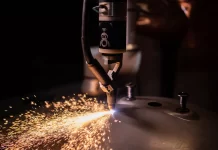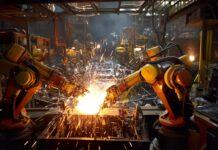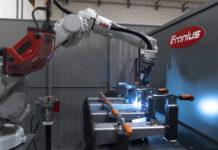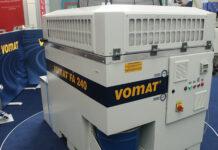There has been a shift in the demand for workplace skills and a rise in the need for soft skills that support working remotely. The advent of new technologies like AI has also had an impact on the skill sets required of employees.
Business Name Generator’s The Future of Soft Skills in the Workplace study surveyed over 1,000 employees to find out the skills employees and businesses value and how the integration of new technologies is impacting this.
Key takeaways
-
84% of all employees and managers believe new employees must possess soft skills and demonstrate this in the hiring process.
-
The most valuable soft skill for recruits in manufacturing & utilities is communication, followed by critical thinking
-
The most valuable soft skill according to C-level executives and senior managers is creativity.
-
The most valuable skill for advancing in your career is leadership.
-
48% of companies are looking to expand on existing skill sets.
What are the most important soft skills for a career in the manufacturing sector?
82% of manufacturing employees and managers believe that it’s necessary for new employees to possess soft skills and demonstrate this in the hiring process, compared to 84% of respondents across all industries. This figure was the highest in companies with over 500 employees, with 90% saying that soft skills were essential.
We asked employees which core soft skills they deemed the most important for a recruit joining the company. Communication was regarded as the most important by almost a third of respondents (31%), followed by critical thinking (28%) and time management (22%).
| Rank | Soft skill | Responses |
| 1 | Communication | 31% |
| 2 | Critical thinking | 28% |
| 3 | Time management | 22% |
| 3 | Self-motivation | 22% |
| 5 | Problem-solving | 21% |
| 6 | Adaptability | 18% |
| 7 | Attention to detail | 15% |
| 7 | Flexibility | 15% |
| 7 | Leadership | 15% |
| 10 | Creativity | 13% |
The perceived importance of soft skills also varied with educational level. Those with Bachelor’s degrees (91%), Master’s degrees (91%) and Doctorates (95%) found soft skills more important than those with a high school (74%) or college diploma (78%).
What are the most important skills for existing employees to advance in their careers?
As employees advance up the career ladder, the demand for specific skills changes. The skills most respondents identified as essential for an existing employee within manufacturing to demonstrate to advance in their career were leadership (24%) and problem-solving (24%). However, only 15% of respondents thought leadership was very important for new joiners. This is an indication of how the skills demanded of employees will change throughout the course of their careers.
| Rank | Soft skill | Responses |
| 1 | Leadership | 31% |
| 2 | Problem-solving | 28% |
| 3 | Communication | 22% |
| 3 | Growth mindset | 22% |
| 5 | Adaptability | 21% |
| 6 | Flexibility | 18% |
| 7 | Critical thinking | 15% |
| 7 | Conflict resolution | 15% |
| 7 | Time management | 15% |
| 10 | Networking | 13% |
How is technology changing team needs?
When asked how important they think soft skills will be in the future of work, 64% of respondents said it would be just as or more important. Interestingly, this was lower than the average across all industries (71%), perhaps pointing to the need for “hard” or technical skills in the manufacturing industry.
Katrina Haggarty, spokesperson from Business Name Generator, says:
“The introduction of new technologies like AI has catalyzed the shift in demand for specific skills, requiring employees to deepen their existing skill sets or acquire new ones. Many of these will be soft skills, the personal attributes and non-technical skills that describe how people work and interact with others.
“Manufacturing companies are looking to recruit staff with in-demand skills to ensure they address their changing business needs. We discovered that, despite challenging economic times over the past few years, 70% of companies are still actively looking to hire new employees and almost half are looking to expand skill sets, so there’s a strong incentive for prospective employees and jobseekers to upskill.
“Even though there is talk of AI and automation taking over jobs, the study goes to show that human skills are still invaluable in the eyes of employers.”






















